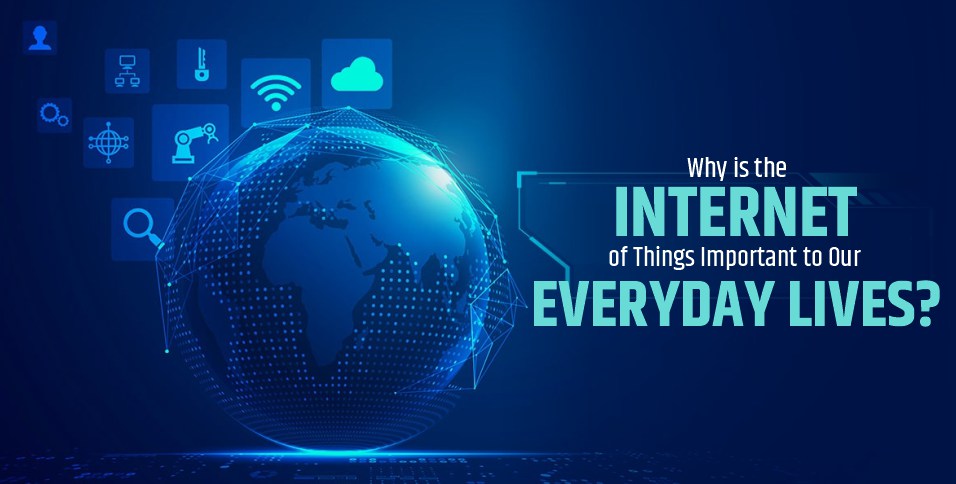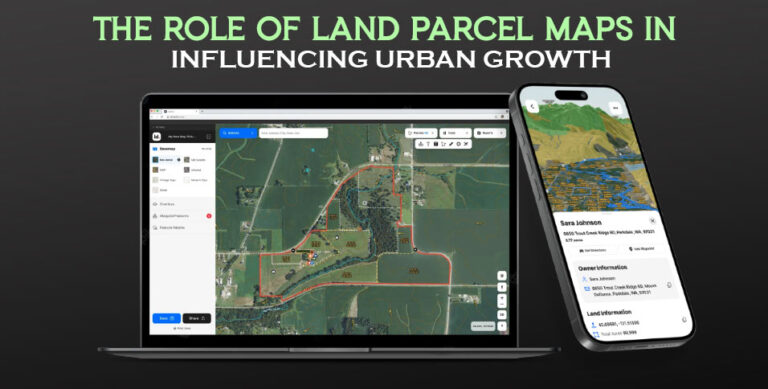The Internet of Things, or IoT for short, has become a ubiquitous part of our daily lives, whether we realize it or not. It has revolutionized the way we interact with our homes, our appliances, and even our cars. This interconnected network of devices has disrupted our routines to the point that we can’t imagine going back to a time before IoT.
Think about it. Some of us can’t remember the last time we manually adjusted your thermostat? Or physically unlocked our front door? Chances are, if you’re like most people, you’re already enjoying the convenience, comfort, and valuable insights that IoT offers. And it’s not just about home automation. IoT is being used in industries such as healthcare, agriculture, and transportation, to name just a few.
The impact of IoT on our lives is undeniable. It’s solving problems we didn’t even know we had, like optimizing our energy consumption, predicting when our appliances will need maintenance, and even monitoring our health. The possibilities are endless, and we’ve only scratched the surface of what’s possible.
The growth of IoT is showing no signs of slowing down. In fact, The global market for IoT is projected to reach a staggering $520 billion by 2021, representing a whopping 50 percent growth in each successive year since 2017. This growth is a testament to the importance of IoT in our daily lives, and the immense potential it holds for the future.
What is the Internet of Things?
The Internet of Things (IoT) is a term used to describe everyday objects that connect to the internet, giving us the ability to control them or receive data from them through our smartphones or computers. This technology has revolutionized the way we interact with our surroundings, making our lives more convenient, efficient, and connected than ever before. Some examples of how IoT has become an integral part of our daily lives include:
- Smart appliances such as stoves, refrigerators, washers and dryers, coffee machines, slow cookers, and more are IoT applications that have become ubiquitous in our daily lives.
- Smart security systems, including smart locks and doorbells, provide enhanced protection and peace of mind to homeowners.
- Smart home hubs that can control lighting, heating, cooling, and other systems are becoming increasingly popular and affordable.
- Fitness trackers, sleep trackers, and smart scales are popular IoT applications that help people monitor their health and fitness goals.
The field of IoT is constantly evolving, and emerging consumer trends are introducing new and exciting applications of this technology. Smart active wear and athletic shoes are just a couple of examples of how IoT is changing the way we approach fitness and health. With the ability to track our movements, monitor our heart rate, and provide personalized coaching, smart wearables are transforming the way we stay active and healthy.
How industrial IoT is making our lives better
The Internet of Things (IoT) has revolutionized the way we live, work and play, but its impact goes far beyond the conveniences of our daily lives. IoT has become an essential technology in industries, providing businesses with real-time insights into their operations and giving them the ability to optimize performance, reduce waste, and improve service delivery.
IoT enables companies to automate processes and reduce labor costs, from the factory floor to the customer’s doorstep. It delivers insights into everything from machine performance to supply chain and logistics operations, allowing businesses to make informed decisions that improve efficiency and reduce costs.
But the benefits of IoT go beyond just cost savings. It also improves the quality of goods and services, making them more affordable for consumers. By providing transparency into customer transactions, businesses can ensure that their products meet the needs and expectations of their customers, increasing customer satisfaction and loyalty.
In addition to cost savings and increased efficiency, IoT also enhances safety in industrial environments. By providing real-time monitoring of equipment and processes, companies can identify potential hazards and take preventative measures to avoid accidents, protecting the health and well-being of their workers.
As IoT continues to permeate our lives, the need for reliable IoT development companies becomes increasingly important. These companies specialize in creating and implementing the technology that drives the IoT ecosystem, from hardware to software and everything in between. Whether it’s for a smart home, a healthcare system, or an agricultural operation, the expertise of an IoT development company is essential for creating efficient and effective solutions
WRAP UP
In conclusion, the Internet of Things (IoT) has significantly impacted our daily lives and is set to continue doing so in the future. With the rise of smart home devices, industrial IoT, and emerging trends in IoT, such as smart wearables and connected vehicles, the potential for IoT to enhance our lives is limitless. It offers us convenience, efficiency, and valuable insights that have saved us time, money, and worry.
With the potential to revolutionize industries and transform the way we interact with the world around us, businesses must partner with trustworthy IoT development companies to ensure their IoT projects are successful and secure. Despite the potential challenges, the benefits of IoT are undeniable, and we can expect to see even more innovative applications in the future. As we navigate the ever-changing landscape of IoT, we must remain vigilant and mindful of the potential risks while embracing the tremendous benefits it offers.
Also read: Cisco DNA Center introduces intent-based network to the Internet of Things (IoT)















